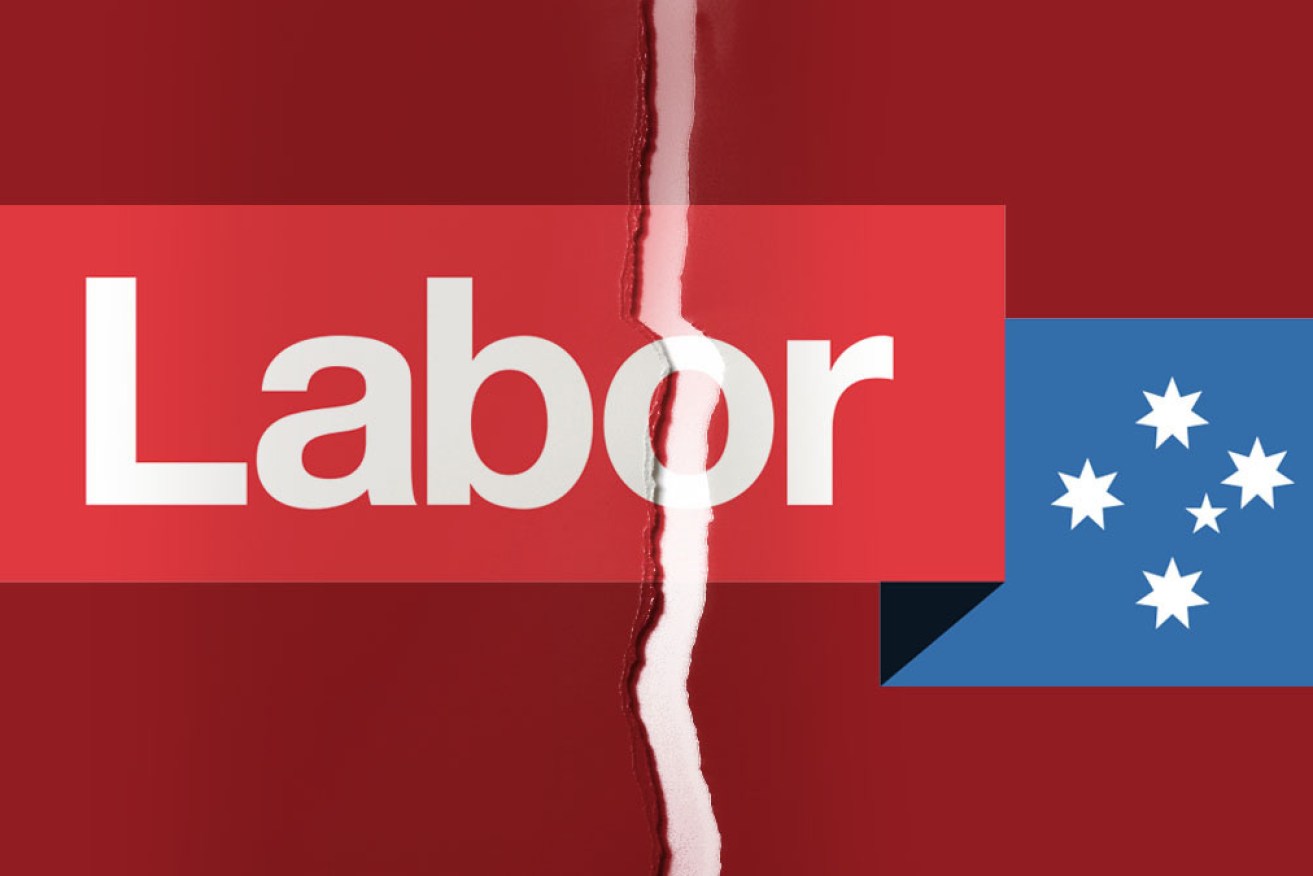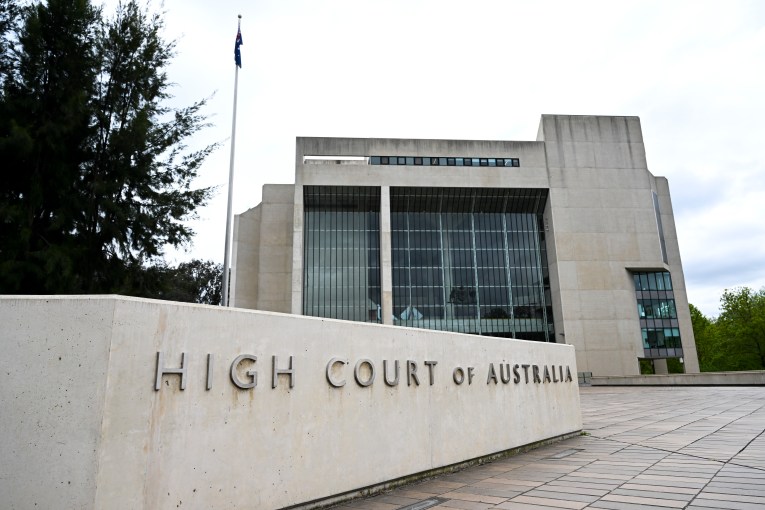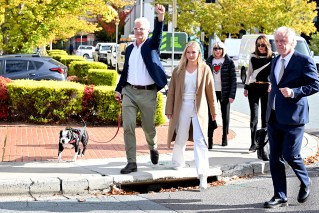New Labor v old Labor: The schism which threatens working-class voters


A Labor party split isn't imminent. But there's a rift between city and country. Photo: TND
When Simon Crean appointed Anthony Albanese shadow environment minister almost two decades ago, the New South Wales left-winger used a dramatic prop to show his colleagues he wasn’t a reflexive flag-waver for green causes.
He took a toy chainsaw along to his first shadow cabinet meeting, demonstrating he wasn’t afraid of the tools used by workers in forestry.
It’s worth remembering Albanese’s clear-eyed view of the more aggressive members of the environmental movement in Australia, represented electorally by The Greens.
It illustrates his understanding of the issues splashed across the front page of The Australian with a warning from Labor’s agriculture spokesman Joel Fitzgibbon the ALP could split into two parties.
Fitzgibbon’s doom scenario, which he says wouldn’t happen during his political lifetime, is predicated on Labor’s struggle to reconcile its traditional work-with-your-hands base constituency with socially progressive voters.
And it’s forced a schism.

Joel Fitzgibbon has been reprimanded by Anthony Albanese after talking out about Labor’s climate stance. Photo: Getty/AAP
The key point Fitzgibbon made in the No Limitations Podcast posted this week was that he was “very fearful about how the Labor Party will manage … (to) juggle these two electoral bases and I do fear that, it won’t be in my time, but the party might end up splitting”.
Given political movements are always in danger of splitting or dissolving, and by Fitzgibbon’s assessment there was no imminent threat to Labor’s stability, it’s remarkable the frontbencher felt it necessary to make the claim.
Fitzgibbon has become a standard-bearer for pro-mining, pro-development policies since he suffered a near-death electoral experience in the contest for his Hunter Valley electorate.
His critique stands on the belief Labor has been pandering to its inner-city, progressive, pro-environment voter base at the expense of the more traditional ALP supporters in the outer suburban areas and the regions.
It’s a tension that’s been apparent to Labor campaigners since the mid to late-1970s, following the trouncing of Gough Whitlam in 1975, and again two years later.
This problem has been highlighted by the trade union movement for the past 40 years, with the most acute analysis coming from a CFMEU-commissioned report into the 2004 electoral defeat under Mark Latham.
The union’s Michael O’Connor, who was threatened with expulsion during that campaign for backing Tasmanian timber workers, presented the Brompton Report which said the ALP’s expected and unambiguous defence of workers jobs and livelihoods had been “progressive, admired and respected” – but noted this was no longer the case.
“What has changed over this period is the people running the Labor Party machine – the apparatchiks, advisers and politicians – are no longer attuned to the basic aspirations of honest working men and women but sing to a completely misguided (and electorally wrong) tune that seeks to appease the unappeasable,” the report said.
Its stinging conclusion was that “a wealthy, inner-city elite” had a barely concealed contempt for workers from the bush and suburbs.
Fitzgibbon’s response to his own brush with defeat and the kind of internal friction identified in the CFMEU report is to hoist the white flag to Coalition climate, energy and mining policies.
He argues Labor has become “almost obsessive” about climate and should not pursue an ambitious and aggressive policy but simply ape the Coalition’s 2030 target which Fitzgibbon says would neutralise the issue.
However, Fitzgibbon’s persistent and inflammatory statements have caused the main target of his critique, the Labor Environment Action Network, to dig in and push for even more “ambitious and courageous” targets – as advanced by the party’s energy spokesman Mark Butler this week.
Fitzgibbon controversial comments also provoke the LNP in Queensland, where Labor was successfully wedged at the last election over coal mining in the regions, with the Adani prospect becoming a totemic issue.
During the next two weeks of Parliament, the Coalition will push for a vote on an election pledge to back a recommissioned coal-fired power station in Collinsville in Central Queensland, hoping to wedge Labor in the Senate.
The Coalition is also trying to jam Labor over gas development – something Scott Morrison is pushing through his fossil fuel-friendly COVID-19 advisory board headed by Western Australia resources veteran Nev Power.

Ready to export. The Adani Abbot Point coal terminal.
Fitzgibbon has backed taxpayer subsidies for gas development, something that earned him a rebuke from Albanese.
The Coalition’s wedge politics is just one reason Fitzgibbon’s intervention was ill-timed and unnecessary.
The other is that Labor has been making significant ground in reconciling the two voter cohorts Fitzgibbon says could force a split and is also moving its policy agenda back to the centre.
Albanese, an internal critic of Labor’s confused approach on the Adani mine prior to the last election, is well placed to build bridges between the traditional working-class base and socially progressive supporters.
He’s been doing it most of his political life in Sydney’s inner-west – harvesting the votes of factory workers and the Newtown crowd always on the hunt for the newest craft beer.
The problem created by Fitzgibbon is that any attempt by Albanese or others in his party to pull Labor back to the centre and take a more pro-worker position on mining and development will be seen as being done under pressure.
Being Opposition leader is said to be the worst job in politics and it has never been harder than it is during a global pandemic cascading into a deep recession.
Fitzgibbon has made that task all the harder.








